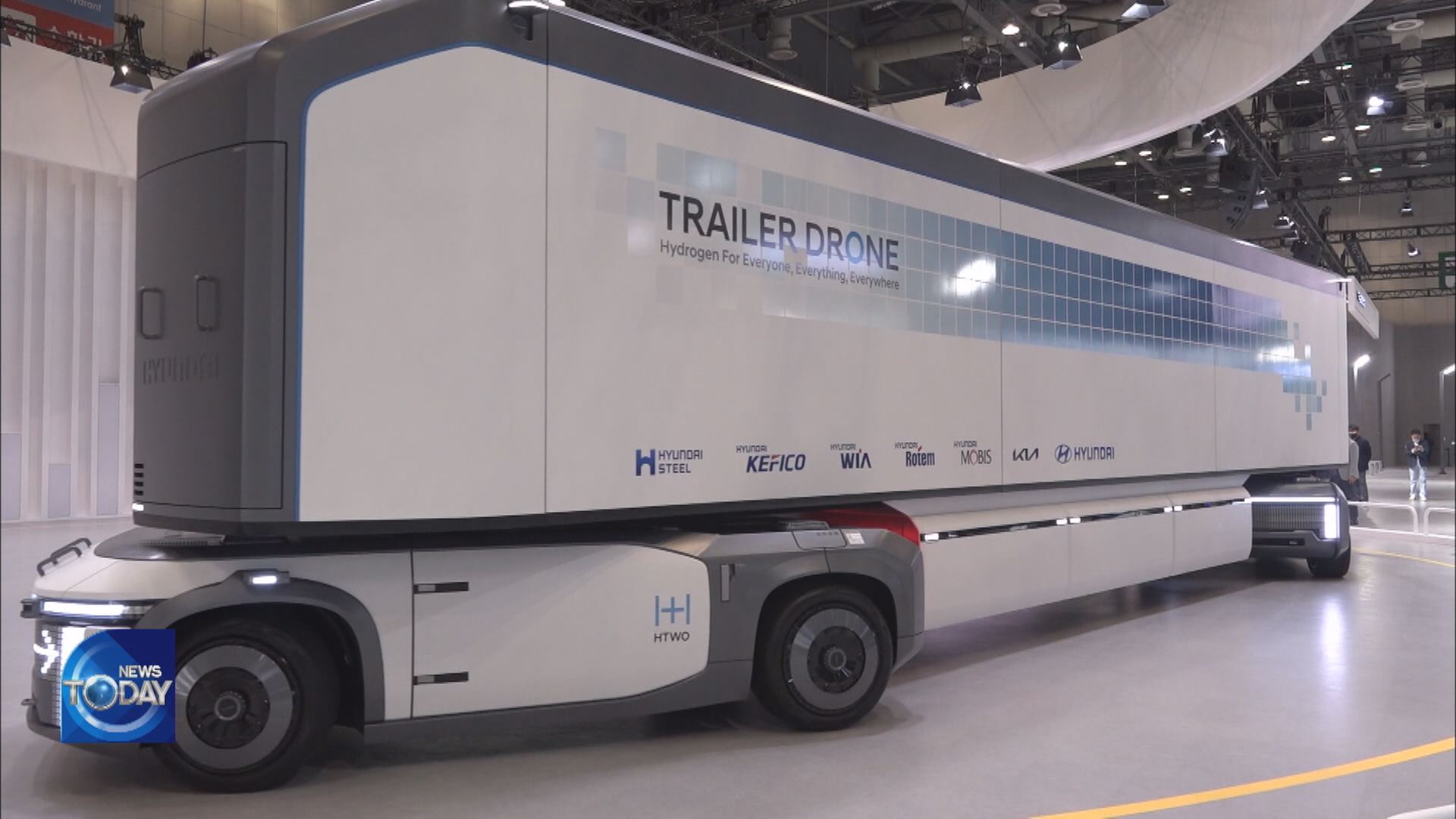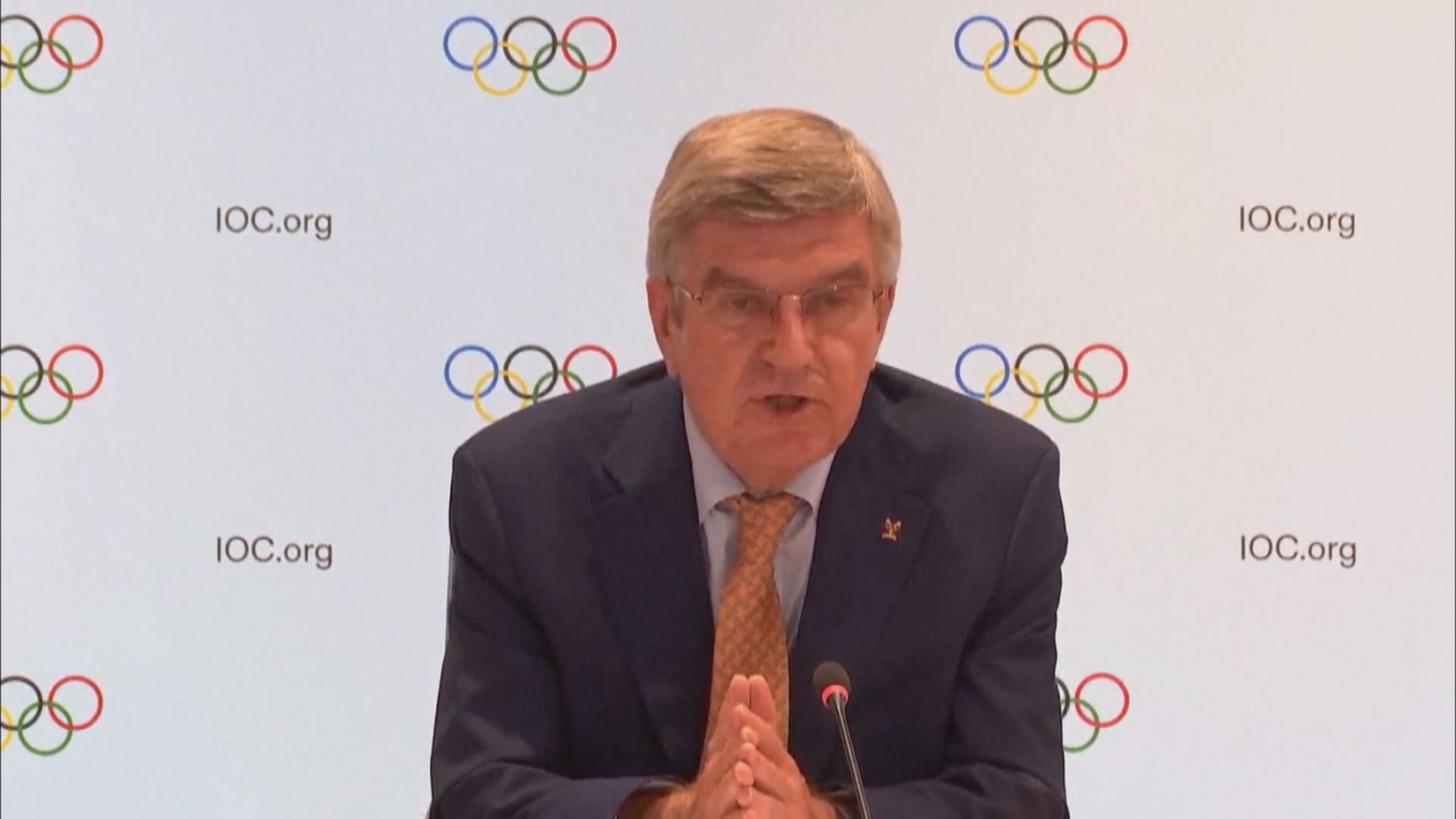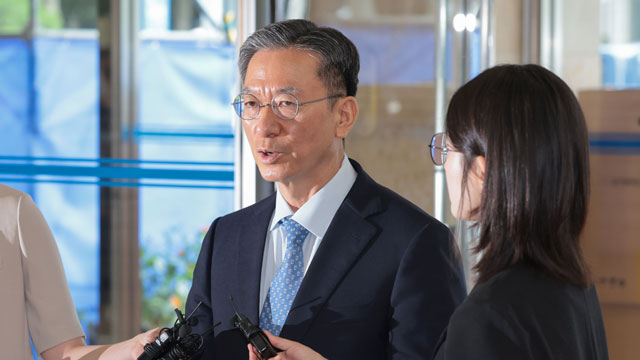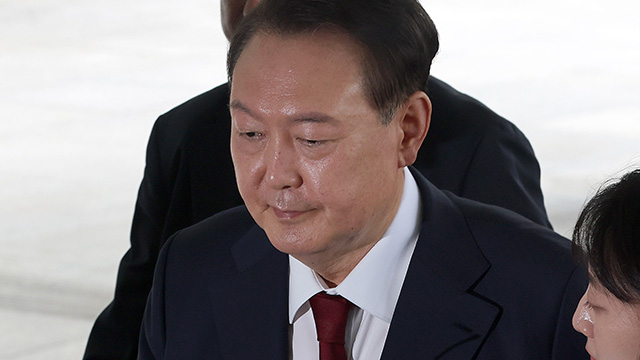EFFORTS TO PROMOTE THE USE OF HYDROGEN
입력 2021.09.09 (15:15)
수정 2021.09.09 (16:46)
읽어주기 기능은 크롬기반의
브라우저에서만 사용하실 수 있습니다.
[Anchor Lead]
With demand for carbon neutrality rising around the world, the hydrogen industry has emerged as a promising sector. Korean conglomerates are also joining hands to promote the use of hydrogen.
[Pkg]
A furnace, filled with dark, red melted iron. Coal used in melting iron ore is the culprit of massive carbon dioxide emissions. But it can be replaced with a more eco-friendly material – hydrogen. It enables steel production without emitting carbon.
[Soundbite] Kim Ki-soo (POSCO) : "We will use our FINEX technology in the world’s first and complete commercialization by 2030."
The development of hydrogen fuel cells and unmanned hydrogen trailers based on fully autonomous driving technology is gaining speed. As demand for carbon neutrality keeps rising, the hydrogen industry has emerged as a promising sector. South Korean conglomerates are joining hands to establish a presence in the hydrogen economy. A hydrogen business council consisting of 15 corporations has been launched recently to jointly develop the sector.
[Soundbite] Han Byung-hwa(Eugene Investment and Securities) : "It’s the first time that the heads of conglomerates pulled together to promote a specific sector. It shows how important hydrogen is for achieving carbon neutral."
SK will invest 18.5 trillion won in the construction of gas liquefaction plants, while Hyundai Motor pledged more than 11 trillion won for the development of hydrogen cars. POSCO plans to invest 10 trillion won. Hanwha and Hyosung, one trillion won each. By 2030, the combined investment of these five conglomerates will surpass 43 trillion won. However, the issue of improving storage, transportation and charging infrastructures remains unresolved.
[Soundbite] Lee Jong-young(Prof., Chung-Ang University) : "Collaboration between businesses and the government is essential for creating a hydrogen-based society. The role of the government is to build hydrogen infrastructure."
The government will announce the Hydrogen Economy Roadmap 2.0 this year to provide support to the domestic hydrogen sector.
With demand for carbon neutrality rising around the world, the hydrogen industry has emerged as a promising sector. Korean conglomerates are also joining hands to promote the use of hydrogen.
[Pkg]
A furnace, filled with dark, red melted iron. Coal used in melting iron ore is the culprit of massive carbon dioxide emissions. But it can be replaced with a more eco-friendly material – hydrogen. It enables steel production without emitting carbon.
[Soundbite] Kim Ki-soo (POSCO) : "We will use our FINEX technology in the world’s first and complete commercialization by 2030."
The development of hydrogen fuel cells and unmanned hydrogen trailers based on fully autonomous driving technology is gaining speed. As demand for carbon neutrality keeps rising, the hydrogen industry has emerged as a promising sector. South Korean conglomerates are joining hands to establish a presence in the hydrogen economy. A hydrogen business council consisting of 15 corporations has been launched recently to jointly develop the sector.
[Soundbite] Han Byung-hwa(Eugene Investment and Securities) : "It’s the first time that the heads of conglomerates pulled together to promote a specific sector. It shows how important hydrogen is for achieving carbon neutral."
SK will invest 18.5 trillion won in the construction of gas liquefaction plants, while Hyundai Motor pledged more than 11 trillion won for the development of hydrogen cars. POSCO plans to invest 10 trillion won. Hanwha and Hyosung, one trillion won each. By 2030, the combined investment of these five conglomerates will surpass 43 trillion won. However, the issue of improving storage, transportation and charging infrastructures remains unresolved.
[Soundbite] Lee Jong-young(Prof., Chung-Ang University) : "Collaboration between businesses and the government is essential for creating a hydrogen-based society. The role of the government is to build hydrogen infrastructure."
The government will announce the Hydrogen Economy Roadmap 2.0 this year to provide support to the domestic hydrogen sector.
■ 제보하기
▷ 카카오톡 : 'KBS제보' 검색, 채널 추가
▷ 전화 : 02-781-1234, 4444
▷ 이메일 : kbs1234@kbs.co.kr
▷ 유튜브, 네이버, 카카오에서도 KBS뉴스를 구독해주세요!
- EFFORTS TO PROMOTE THE USE OF HYDROGEN
-
- 입력 2021-09-09 15:15:15
- 수정2021-09-09 16:46:34

[Anchor Lead]
With demand for carbon neutrality rising around the world, the hydrogen industry has emerged as a promising sector. Korean conglomerates are also joining hands to promote the use of hydrogen.
[Pkg]
A furnace, filled with dark, red melted iron. Coal used in melting iron ore is the culprit of massive carbon dioxide emissions. But it can be replaced with a more eco-friendly material – hydrogen. It enables steel production without emitting carbon.
[Soundbite] Kim Ki-soo (POSCO) : "We will use our FINEX technology in the world’s first and complete commercialization by 2030."
The development of hydrogen fuel cells and unmanned hydrogen trailers based on fully autonomous driving technology is gaining speed. As demand for carbon neutrality keeps rising, the hydrogen industry has emerged as a promising sector. South Korean conglomerates are joining hands to establish a presence in the hydrogen economy. A hydrogen business council consisting of 15 corporations has been launched recently to jointly develop the sector.
[Soundbite] Han Byung-hwa(Eugene Investment and Securities) : "It’s the first time that the heads of conglomerates pulled together to promote a specific sector. It shows how important hydrogen is for achieving carbon neutral."
SK will invest 18.5 trillion won in the construction of gas liquefaction plants, while Hyundai Motor pledged more than 11 trillion won for the development of hydrogen cars. POSCO plans to invest 10 trillion won. Hanwha and Hyosung, one trillion won each. By 2030, the combined investment of these five conglomerates will surpass 43 trillion won. However, the issue of improving storage, transportation and charging infrastructures remains unresolved.
[Soundbite] Lee Jong-young(Prof., Chung-Ang University) : "Collaboration between businesses and the government is essential for creating a hydrogen-based society. The role of the government is to build hydrogen infrastructure."
The government will announce the Hydrogen Economy Roadmap 2.0 this year to provide support to the domestic hydrogen sector.
With demand for carbon neutrality rising around the world, the hydrogen industry has emerged as a promising sector. Korean conglomerates are also joining hands to promote the use of hydrogen.
[Pkg]
A furnace, filled with dark, red melted iron. Coal used in melting iron ore is the culprit of massive carbon dioxide emissions. But it can be replaced with a more eco-friendly material – hydrogen. It enables steel production without emitting carbon.
[Soundbite] Kim Ki-soo (POSCO) : "We will use our FINEX technology in the world’s first and complete commercialization by 2030."
The development of hydrogen fuel cells and unmanned hydrogen trailers based on fully autonomous driving technology is gaining speed. As demand for carbon neutrality keeps rising, the hydrogen industry has emerged as a promising sector. South Korean conglomerates are joining hands to establish a presence in the hydrogen economy. A hydrogen business council consisting of 15 corporations has been launched recently to jointly develop the sector.
[Soundbite] Han Byung-hwa(Eugene Investment and Securities) : "It’s the first time that the heads of conglomerates pulled together to promote a specific sector. It shows how important hydrogen is for achieving carbon neutral."
SK will invest 18.5 trillion won in the construction of gas liquefaction plants, while Hyundai Motor pledged more than 11 trillion won for the development of hydrogen cars. POSCO plans to invest 10 trillion won. Hanwha and Hyosung, one trillion won each. By 2030, the combined investment of these five conglomerates will surpass 43 trillion won. However, the issue of improving storage, transportation and charging infrastructures remains unresolved.
[Soundbite] Lee Jong-young(Prof., Chung-Ang University) : "Collaboration between businesses and the government is essential for creating a hydrogen-based society. The role of the government is to build hydrogen infrastructure."
The government will announce the Hydrogen Economy Roadmap 2.0 this year to provide support to the domestic hydrogen sector.
이 기사가 좋으셨다면
-
좋아요
0
-
응원해요
0
-
후속 원해요
0












![[속보] 심우정 검찰총장, 검찰개혁에 “결론 정해놓고 추진하면 부작용”](/data/layer/904/2025/07/20250701_Y3C8sh.jpg)




이 기사에 대한 의견을 남겨주세요.